What Xtreme Markets Isn’t Telling You About Its Regulation
Abstract:Xtreme Markets, a forex and CFD broker, operates under a licence issued by the Financial Services Commission (FSC) of Mauritius. While this regulatory stamp may appear reassuring at first glance, a closer look at the nature of offshore licences reveals several critical factors that investors should not ignore.
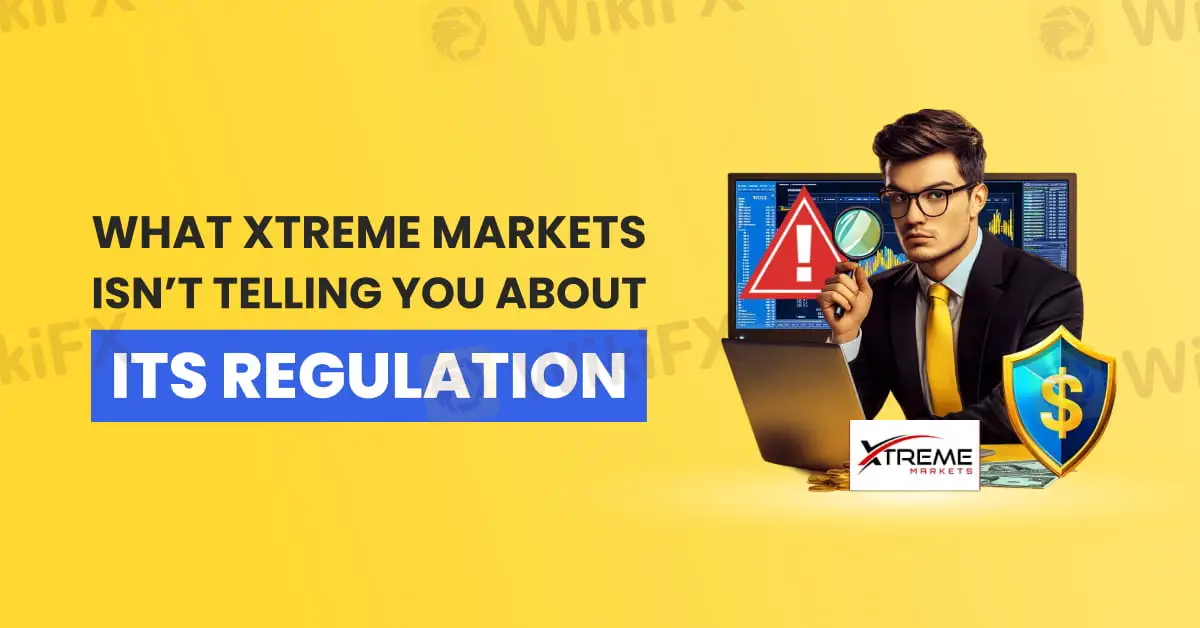
Xtreme Markets, a forex and CFD broker, operates under a licence issued by the Financial Services Commission (FSC) of Mauritius. The company holds a Retail Forex Licence with registration number GB22200951. While this regulatory stamp may appear reassuring at first glance, a closer look at the nature of offshore licences reveals several critical factors that investors should not ignore.

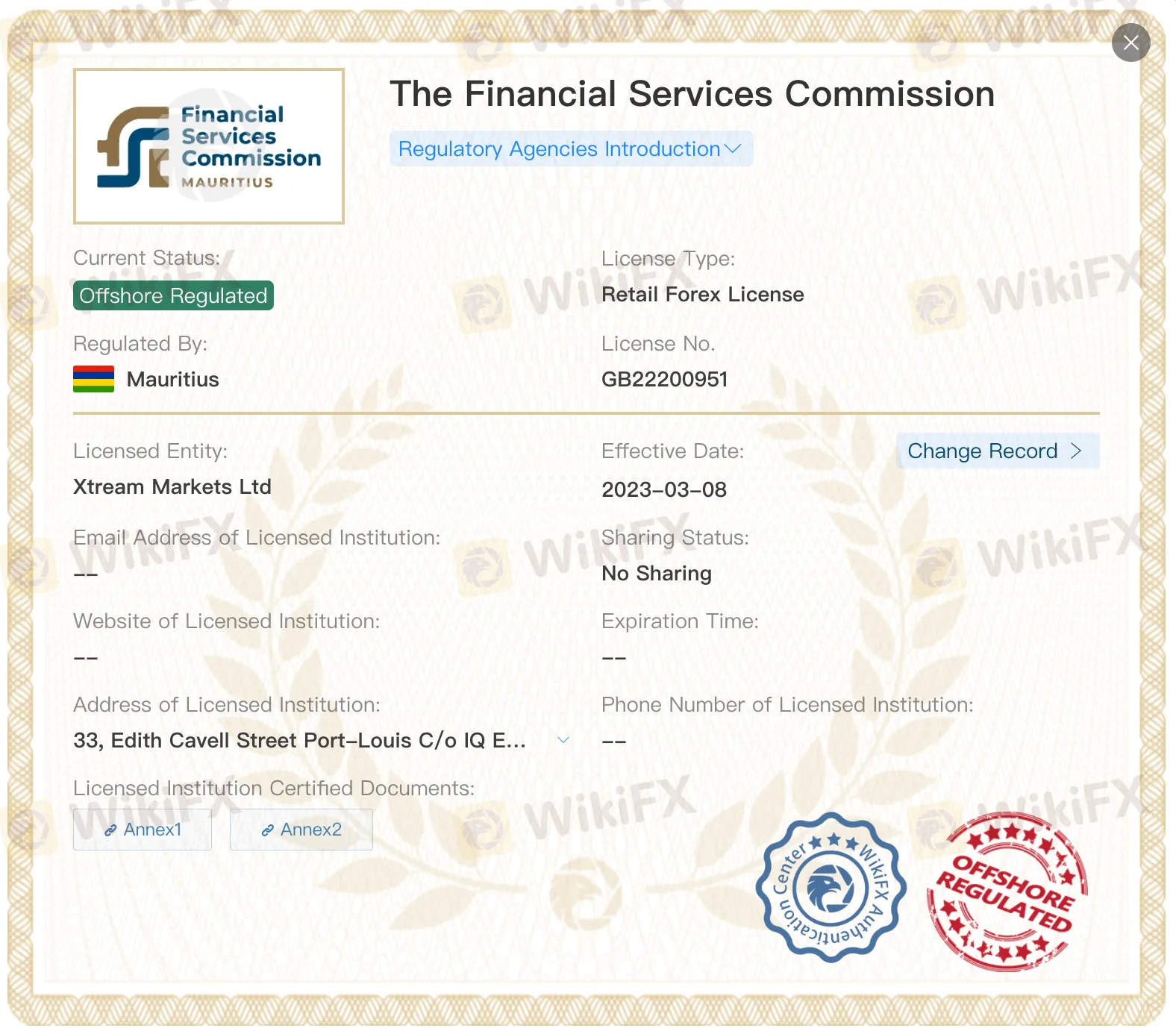
The FSC of Mauritius is categorised as an offshore regulator. Offshore jurisdictions typically offer lower entry barriers for brokers, including less stringent capital requirements, minimal ongoing supervision, and limited mechanisms for investor redress in cases of misconduct. This regulatory leniency is often used by firms seeking operational freedom while still presenting a façade of legitimacy to unsuspecting clients.
Although Xtreme Markets is technically regulated, the offshore nature of its licence introduces a significant level of underlying risk. Offshore regulators are not generally known for active enforcement or tight oversight, which means that client protection may be minimal. In the event of a dispute or broker insolvency, recovering funds can become a lengthy and uncertain process.
Onshore vs Offshore Forex Broker Licences: Why the Difference Matters
Understanding the difference between onshore and offshore regulation is essential for any trader evaluating a broker. Onshore regulators, such as the UK's Financial Conduct Authority (FCA), the Australian Securities and Investments Commission (ASIC), or the Commodity Futures Trading Commission (CFTC) in the United States, are known for strict standards. These include segregation of client funds, compensation schemes, transparent fee disclosures, and strong compliance checks.
In contrast, offshore regulators typically lack the infrastructure and legal frameworks necessary to provide comparable investor protection. This gap is often exploited by brokers that wish to operate internationally while avoiding the costs and compliance burdens associated with reputable onshore jurisdictions. In many cases, brokers registered offshore may still actively solicit clients in regulated countries without being authorised to do so, raising serious concerns about transparency and legal standing.
This is not to say that every offshore-licensed broker operates unethically, but the lack of robust oversight significantly increases the risk for investors. Without comprehensive regulation, the brokers internal practices, such as how client funds are handled or how trades are executed, remain largely unverified by a credible third party.
While Xtreme Markets may present itself as a regulated broker, its status as an offshore-licensed entity under the Mauritius FSC highlights important limitations in terms of regulatory assurance and investor protection. Traders considering such brokers should exercise heightened caution and ensure they fully understand the nature of the regulatory environment in which the broker operates.

Read more
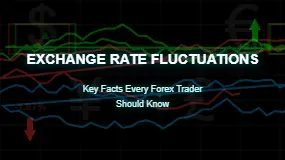
Exchange Rate Fluctuations: Key Facts Every Forex Trader Should Know
The forex market is a happening place with currency pairs getting traded almost non-stop for five days a week. Some currencies become stronger, some become weaker, and some remain neutral or rangebound. If you talk about the Indian National Rupee (INR), it has dipped sharply against major currencies globally over the past year. The USD/INR was valued at around 85-86 in Feb 2025. As we stand in Feb 2026, the value has dipped to over 90. The dip or rise, whatever the case may be, impacts our daily lives. It determines the price of an overseas holiday and imported goods, while influencing foreign investors’ perception of a country. The foreign exchange rates change constantly, sometimes multiple times a day, amid breaking news in the economic and political spheres globally. In this article, we have uncovered details on exchange rate fluctuations and key facts that every trader should know regarding these. Read on!
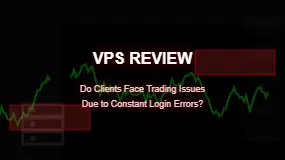
VPS Review: Do Clients Face Trading Issues Due to Constant Login Errors?
Do you face numerous login errors with VPS, a Vietnam-based forex broker? Did these errors lead to missed opportunities or losses? Does your trading account often have an insufficient balance despite numerous trades on the VPS login? Does the broker compel you to renew your subscription even if it’s not required? These issues have become synonymous with many of its traders. They have highlighted these online. In this VPS review article, we have investigated these issues. Read on!
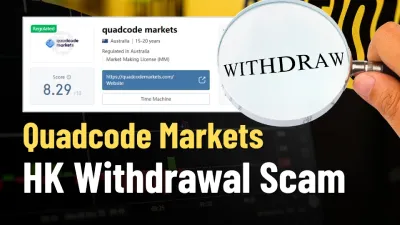
Quadcode Markets HK Withdrawal Scam
HK victims slam Quadcode Markets: Jan 2025 delays, frozen accounts, no replies; “withdrawal too long!” Report scam, recover funds now!
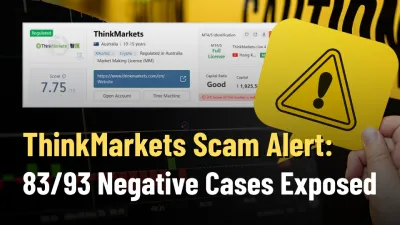
ThinkMarkets Scam Alert: 83/93 Negative Cases Exposed
ThinkMarkets has 83/93 negative cases, with withdrawal delays and scam alerts. Check regulation and details on the WikiFX App before trading.
WikiFX Broker
Latest News
Is Fortune Prime Global Legit Broker? Answering concerns: Is this fake or trustworthy broker?
AssetsFX Regulation: A Complete Guide to Licenses and Trading Risks
ZaraVista Legitimacy Check: Addressing Fears: Is This a Fake Broker or a Legitimate Trading Partner?
ZarVista User Reputation: Looking at Real User Reviews to Check if It's Trustworthy
TP Trader Academy ‘The Axis Event’: Pioneering Trading Education at the Heart of Tech and Data
S. Africa Energy Gridlock: Glencore Proposal Stalls Amid Regulatory Clash
Capital.com Review: Is Your Money Locked Inside this Broker?
FxPro Broker Analysis Report
Pinnacle Pips Forex Fraud Exposed
Grand Capital Review 2026: Is this Broker Safe?
Rate Calc

